The minimum educational requirement for this role is a high school diploma or equivalent, although most tree surgeons have at least a bachelor's degree in environmental science, forestry, arboriculture, or a field of study relevant to the job. Formal educational requirements for tree care professionals vary by company and position. As a general rule, the minimum requirement is a high school diploma or equivalent for those who want to advance in the trade. The Tree Care Industry Association, or TCIA, offers a number of training programs that can be delivered in-house by tree care companies, collectively known as the Tree Care Academy.
If you're interested in becoming a tree surgeon, one of the first things you should consider is how much education you need. We have determined that 16.7% of tree surgeons have a bachelor's degree. In terms of higher education levels, we found that 0.0% of tree surgeons have master's degrees. Even though some tree surgeons have a college degree, it's possible to become one with just a high school degree or GED.
In fact, the training will consist of 5,340 hours of on-the-job work experience and 660 hours of in-school training. Otherwise, many things can go wrong, including the surrounding trees being knocked down by the weight of the target tree that crashes into them. Formal training at the university level is useful preparation for a career as a tree surgeon because it provides in-depth instruction on diseases, pests, and environmental factors affecting trees. Finally, if the technique requires climbing trees, make sure the tree surgeon is qualified for the climbing job.
Their work includes hands-on work, such as operating heavy machinery, following safety procedures and protocols, and promoting tree conservation by diagnosing plants and recommending additional measures to resolve problems. However, many tree surgeons will also have a bachelor's degree in environmental science, forestry, arboriculture, etc. Trees are planted in a variety of different environments, from private homes and apartment complexes to commercial and industrial sites, college campuses, and public parks. Sick, damaged, or dying trees diminish the attractiveness of your property, and tree surgery can eliminate these elements.
Keep in mind that an arborist will not only observe a part of the tree, but will diagnose the entire body so that the correct solution is carried out. The educational requirements for an arboreal surgeon vary by company and job location. Without proper care, these diseases and injuries can affect the life, longevity, and appearance of the tree itself. Once you are in the program, you should submit a study guide with answers to critical thinking exercises related to tree care to attend workshops.
They need regular care and maintenance, which is provided by tree care professionals known as arborists or tree surgeons. Arboriculture focuses on caring for individual trees, while urban forestry considers the health of entire populations of trees in populated areas. The CTCSP program requires conducting safety and behavioral workshops to gain eligibility to take the certification exam and become a certified tree care safety professional.
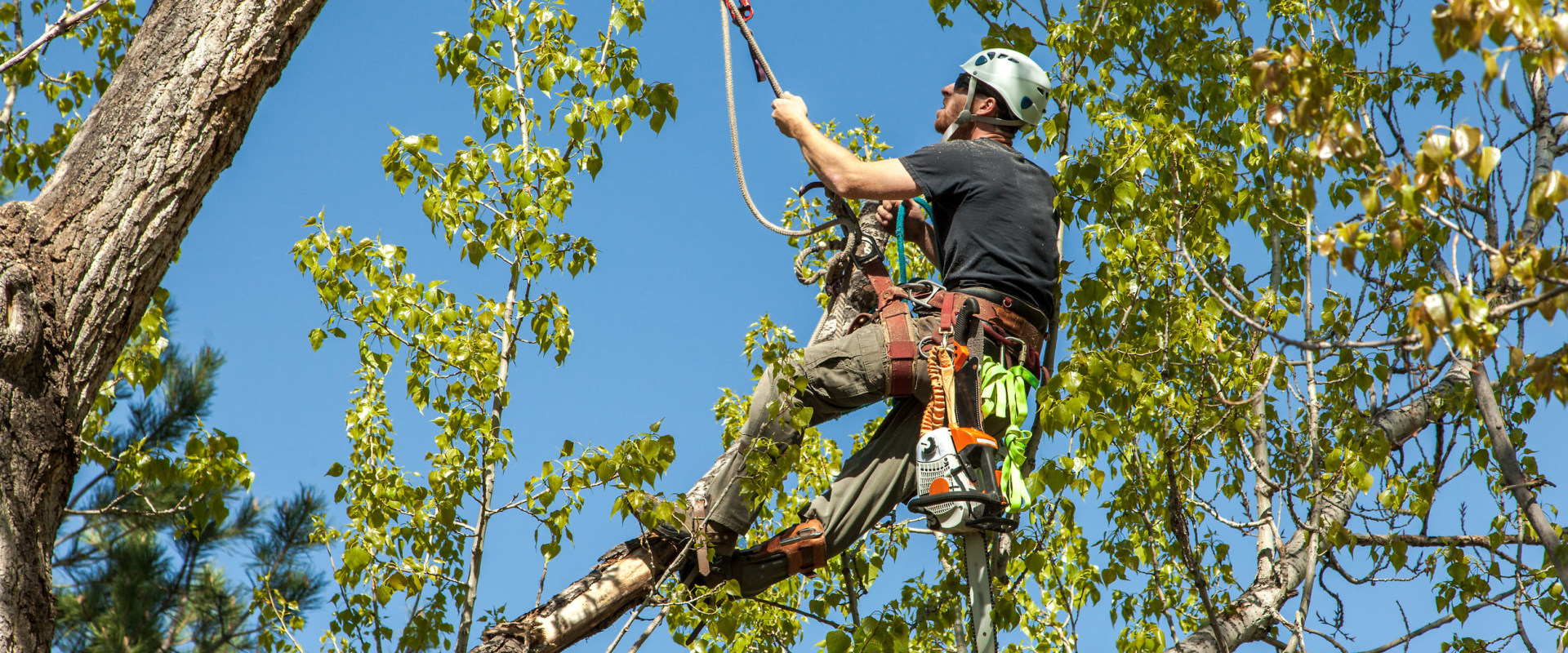
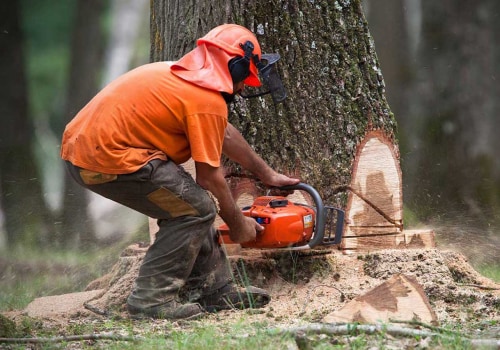
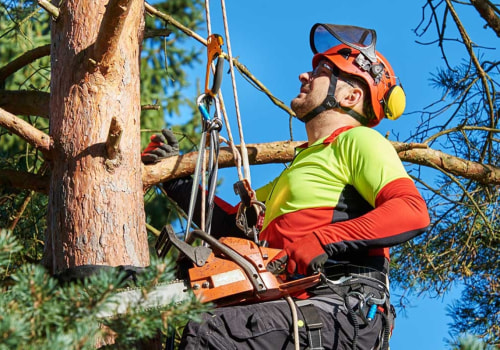

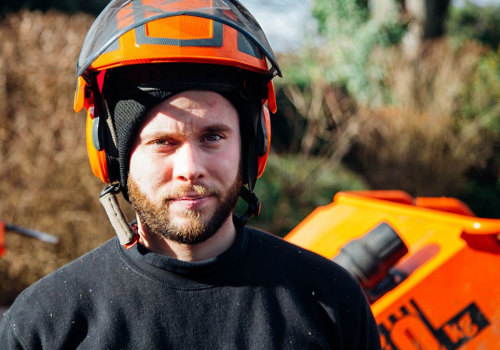
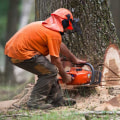
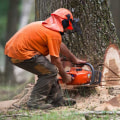
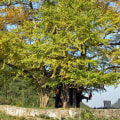
Leave Message